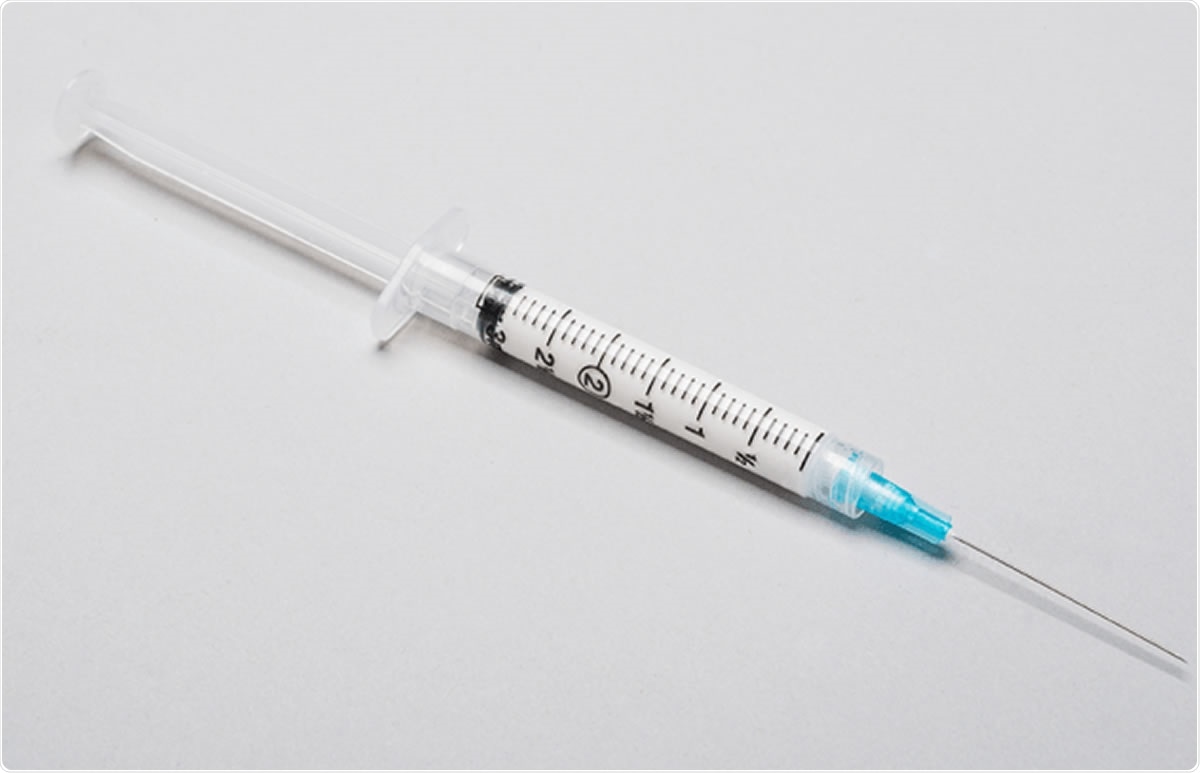Since the first cases of HIV were reported in the 1980s, 78 million people have been infected with the virus, while 35 million have succumbed to AIDS-related illnesses.
UNAIDS has been strongly encouraged by groundbreaking new study results showing that the antiretroviral medicine cabotegravir administered by an injection every two months – prevents HIV among women.

Four HIV infections occurred among women randomly assigned to the cabotegravir injectable arm of the study, compared to 34 infections in the arm that was randomly assigned to daily oral PrEP. The risk of HIV was ninefold lower with cabotegravir injections than with daily oral PrEP. Above, a prepared syringe (3mL) of cabotegravir. Photo credit: HPTN 084 study website
The HPTN study
The study, called the HIV Prevention Trials Network study (HPTN 084), evaluates the safety and effectiveness of the long-acting injectable antiretroviral drug cabotegravir (CAB LA) for pre-exposure prophylaxis (PrEP) in women without HIV infection.
The trial showed that the drug appeared to have prevented HIV infection in healthy women, and as a result, the Data and Safety Monitoring Board (DSMB) stopped the trial early.
In the study, 3,223 women between the ages of 18 and 45 who were at risk for contracting HIV infection were enrolled. The participants came from 20 sites spanning seven countries in sub-Saharan Africa, including Kenya, Malawi, Botswana, eSwatini, South Africa, Zimbabwe, and Uganda.
The participants were divided into two arms – Arm A, who received CAB LA as an intramuscular injection every eight weeks, and daily oral Tenofovir/emtricitabine (TDF/FTC) placebo, and Arm B, who received daily oral TDF/FTC and intramuscular CAB LA placebo every eight weeks.
Study findings
The researchers found that 38 women in the trial acquired HIV infection. Four were randomized to the long-acting cabotegravir arm, and 34 were part of the daily oral FTC/TDF arm. This means that in the cabotegravir group, the HIV incident rate was 0.21 percent, compared to the FTC/TDF group, which had an HIV incident rate of 1.79 percent.
The study results show that cabotegravir is significantly more effective in preventing HIV infection than the oral PrEP, which has long been used as a prophylaxis against HIV. Further, the findings are important and timely as more methods to prevent HIV among women at a higher risk of HIV are badly needed, especially methods that do not require daily pill-taking, abstinence from sex, and condom use.
“These results are hugely significant. UNAIDS has long been calling for additional, acceptable and effective HIV prevention options for women, and this could be a real game-changer,” Winnie Byanyima, Executive Director of UNAIDS, said.
“If donors and countries invest in rolling out access of injectable PrEP to women at higher risk of HIV, new infections could be dramatically reduced,” she added.
In East and southern Africa, the HIV infection rate is high; this is especially the case among women. More effective and convenient HIV prevention methods for women are essential. While the use of the daily prophylaxis pills is highly effective in preventing HIV in women, some find it hard to take a daily tablet or pill. As a result, they often forget or become inconsistent with the dosage needed to provide adequate protection.
A long-acting injectable drug can help improve HIV prevention without depending on the individual’s compliance with a daily oral PrEP regimen. It also offers a better alternative for women who do not want to take a daily tablet.
Is the drug available?
Currently, those women who started using the CAB LA during the trial will continue receiving it until the original study duration will end. However, before CAB La becomes available to the public, regulatory authorities will need to review the study’s results. From there, if the results are convincing, the manufacturing and distribution of the drug will commence.
“UNAIDS congratulates everyone involved in this landmark study. Like with a COVID-19 vaccine, we now must work to ensure that these life-changing injections are accessible, affordable and equitably distributed to people who choose to use them,” Ms. Byanyima said.